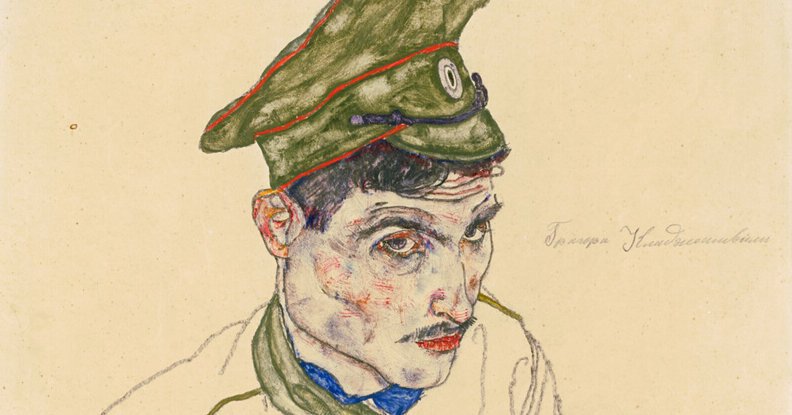In what has been a celebrated effort to right old wrongs, the Manhattan district attorney’s art trafficking unit has returned more than 4,600 artifacts and artworks to countries and heirs after finding they had been looted.
That tally includes 11 works by the Expressionist Egon Schiele that were — until recently — held by five important American museums and four private collections around the country. All agreed to return them after the unit presented evidence that their Schieles had been seized by the Nazis from an Austrian cabaret artist murdered because he was Jewish.
But one of America’s most respected museums, the Art Institute of Chicago, has refused the unit’s efforts to seize a Schiele it holds. It is instead waging, in court, a sustained and very public battle to challenge the trafficking unit’s authority.
In a sprawling hearing that extended over four days in recent weeks, the museum argued that the investigators are not only wrong on the facts, but also lack any jurisdiction in this case, and by extension, many others.
“This is an unprecedented, extraordinary, and we submit both legally and factually baseless effort by the Manhattan D.A.’s Office to overextend New York criminal law and to insert itself into a civil property dispute over a work that has been lawfully owned and possessed in another state for decades,” Edward B. Diskant, a lawyer for the institute, argued in New York Supreme Court last month.
Matthew Bogdanos, the prosecutor who leads the investigative unit, characterized the Art Institute’s efforts as an existential threat to his unit’s efforts.


